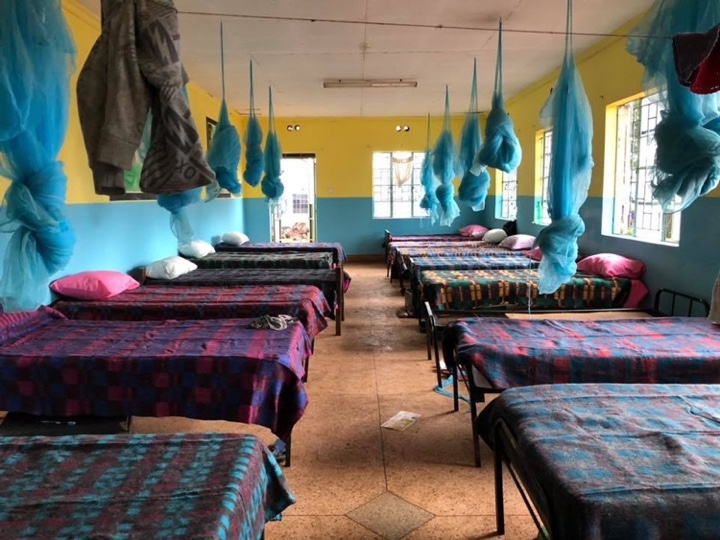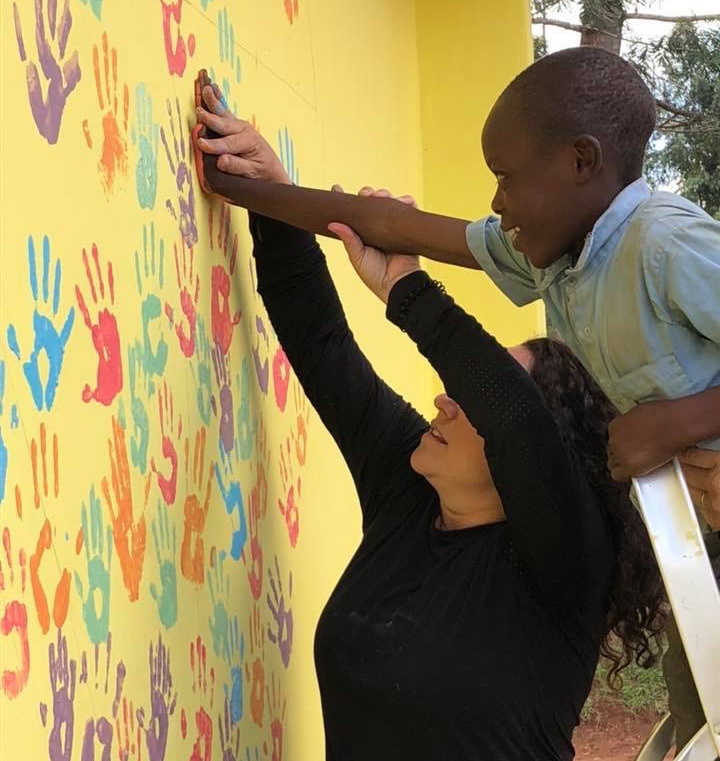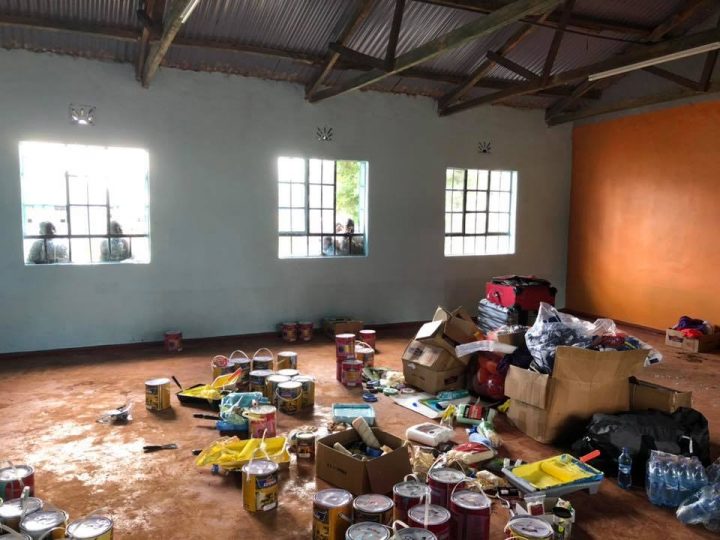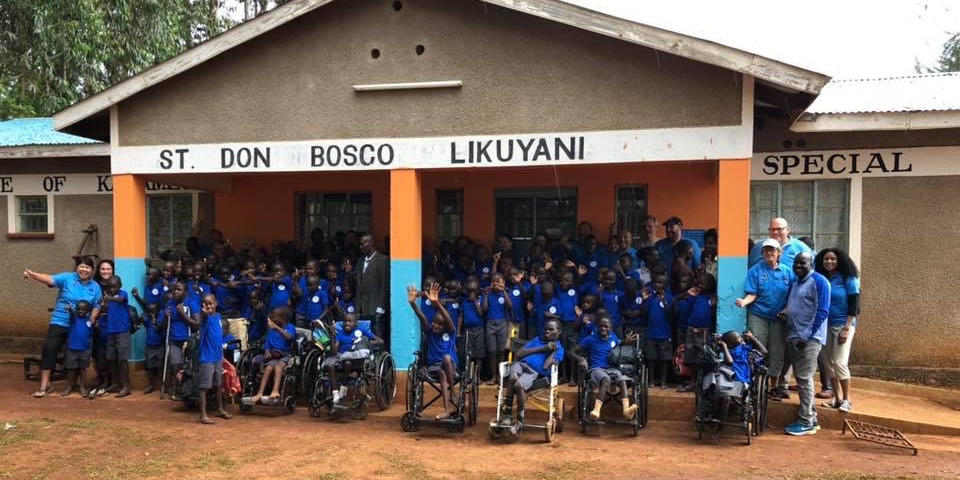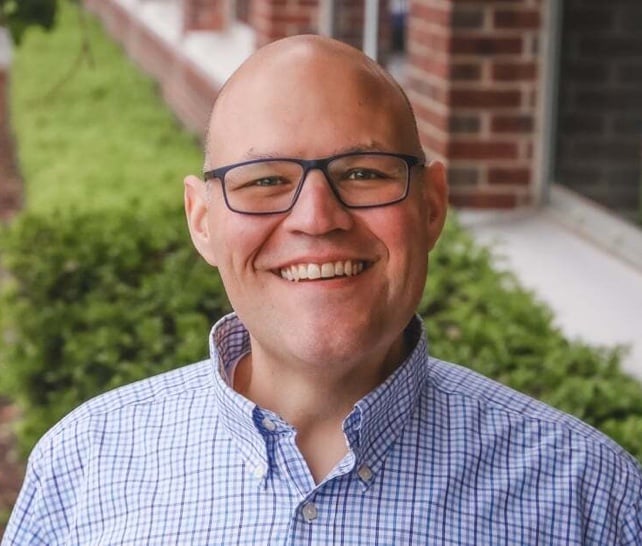If you listened to the CUInsight Podcast featuring Lois Kitsch, you’ve heard a little of how credit union and education leaders from the United States, Canada, and Kenya worked together to impact the lives of students with disabilities in Likuyani, Kenya. If you haven’t, stop right now and take a listen! How did this come together? It all started with the power of one.
The Power of One
While attending church one Sunday, David Mategwa, board chair of Kenya’s police credit union, saw a need in his community. Students with physical disabilities from the nearby Don Bosco Special School were crawling on the ground due to a lack of wheelchairs. He decided to do something about it in the name of credit unions and cooperation. Through his role as an African Development Educator, Mategwa donated wheelchairs to the school, along with scholarship funds.
In June 2017, I was privileged to travel to Don Bosco Special School, in a team of Credit Union Development Educators from the US and Caribbean. After being greeted by excited, smiling students, I toured the facility. It was overwhelming to see the disparity of resources between the school for the children with disabilities and the neighboring school for “typical students.” I wondered why the non-disabled students had a higher quality campus and new uniforms, while Don Bosco’s students did not. Both schools are government funded and sponsored by a local Catholic parish, but less support goes to “special schools” due to cultural contexts of disability in rural Kenya.
Along the tour, Fr. Peter Nyaki, the local priest, took my hand and told me I would be back to teach at Don Bosco Special School. This was the catalyst that began the multiplier effect for this project.
The Multiplier Effect
Little did Fr. Peter know, my background is in education systems serving under-resourced students and my wife, Beth, is a teacher. With Fr. Peter’s words and seeing the need, I felt a passionate call to help Don Bosco Special School’s mission to empower children with disabilities and practice the school motto of “disability is not inability.” I believed my network at home had resources to benefit people on the other side of the world.
Within weeks of returning home, Beth and I had a meeting with Talita DeNegri, principal of Mount St. Mary Catholic High School in Oklahoma City. We shared our observations from Kenya and within minutes Mount St. Mary was onboard to help. The goal for the 2017-2018 school year was to raise $15,000 to build three additional classrooms and to provide travel funds for a small team of teachers who would provide professional development for the staff at Don Bosco Special School. Mount St. Mary agreed to manage the funds in the U.S. while the African Cooperative Development Foundation agreed to manage the construction project in Kenya.
Early on funds flooded in via crowdfunding, but soon plateaued. Scratching our heads, Beth and I even discussed selling our car to help jumpstart the project. But within another week, we received a corporate match from my brother’s company and a gift from a friend’s family foundation that brought us near our goal. At that point our fundraising took off again, and we surpassed our expectations by about $2,000.
Our donations from individuals ranged from $5 to $500 with the bulk of donations being in the $25 range. The $5 to $25 donations snowballed and added up fast. We asked for donations from people and organizations - some said no, and that’s okay - but we were willing to ask more. In the last two years over 100 people, three credit unions, four foundations, one church and one school have given to the project. About 70% of the funds came from credit union professionals demonstrating the cooperative difference.
The Cooperative Difference
With significant support from the credit union movement, Mount St. Mary and the African Cooperative Development Foundation completed a three-classroom addition at Don Bosco in June 2018 just in time for the delegation of teachers to see the final product.
With the success of the first building project, in 2019, Mount St. Mary and the African Cooperative Development Foundation partnered with Connecticut-based non-profit American Friends of Kenya to build, stock, and sustain a community library at Don Bosco Special School. Over $25,000 was raised, mostly through crowdfunding.
In June 2019, Credit Union Development Educators from the US & Canada joined the partners on a trip to Kenya to further upgrade the school. Together they:
- Painted the newly constructed library, the main building’s façade, as well as the interior of four classrooms, two residence halls, and the dining hall;
- Sorted, cataloged, and shelved over 2,000 books;
- Replaced 23 beds and sheet sets in the residence halls;
- and handed out new uniforms for every student courtesy of Schools First Credit Union.
This transformation would not have been possible without the power of one, the multiplier effect, and the cooperative difference. It all started with Mategwa – the power of one. He pulled in his network, including Lois Kitsch and me, who then pulled in their networks – the multiplier effect. Our networks were supportive because concern for the community and education are in the credit union DNA – the cooperative difference.
Leveraging the Power of One, the Multiplier Effect, and the Cooperative Difference
Do you want to do something in your community and just not sure how? Dare to try something and learn from any setbacks. If something doesn’t work, try doing it another way. Reach out to your network. Leverage the power of one, the multiplier effect, and the cooperative difference by:
- Finding a need in your community that overlaps with you passion.
- Talking to various stakeholders to find out expressed (vs. perceived) needs.
- Setting project goals and a timeline (not being afraid to adapt and persevere).
- Making a list of who can help you achieve your goals.
- Determining how you will ask for support.
- Asking for help!
- Ultimately, doing it!
